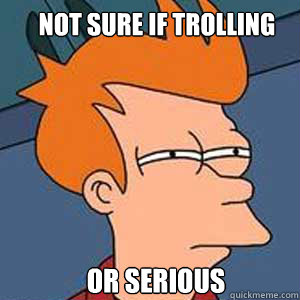Grand Canyon by year end will boost our RPI/SOS, as will New Mexico State, hell they already are, and by tournament time they will be included for sure.
Not sure if you understand how RPI works. Grand Canyon and New Mexico State both play in the WAC, which is a terrible conference. Teams in weaker conferences get a boost by playing stronger teams in out of conference schedule but their RPI does not improve much when they start playing themselves and conference opponents like the Chicago States of the world. That is why, other than the automatic bid, these conference teams do not have much of a chance to get in the tournament, the rest of their metrics are bad.
Again, our RPI jumped because Mizzou was artificially extremely high. Their RPI will likely drop when they start losing in the SEC, although will not plunge because SEC is a strong conference. Our RPI will naturally improve as we get into conference play but is still very low right now, so this year is unlikely to be a case where we sneak in to the tournament due to a high RPI (and other metrics) by beating the weaker teams in the B1G. To make a run for the tournament, we need to take the B1G by storm and start accumulating wins against the stronger teams of the conference, i.e., Michigan State, Minnesota, Purdue, Michigan, etc.






